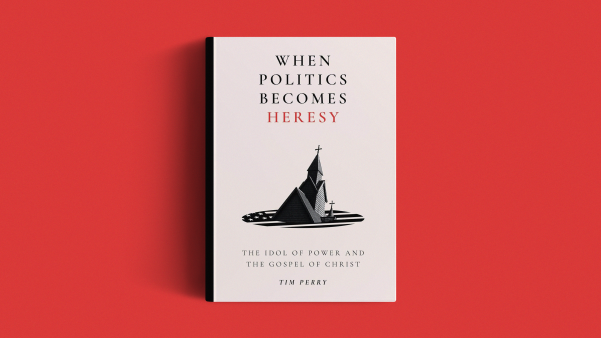Being a leader is hard enough. But what about leading those who don’t like you? Here are a few pointers to help soften the tension.
Resist What Comes Naturally In ministry, doing what comes naturally is often the best approach. That’s not true, however, when it comes to pastoring difficult people. One of my natural responses is to distance myself from difficult people. But, I’ve learned to make it a point to seek out difficult people and spend a few moments talking together. Even if our contact with the person doesn’t solve the problem, it builds a bridge rather than a wall between us. There is something positive and healing about face-to-face contact with people at odds with us.
Invite Talk About Sensitive Subjects It’s important to let people know that even subjects of conflict can be discussed; they don’t end the relationship. I’ve had ongoing differences with one couple over the style of our worship service. I’ve met with them to talk specifically about that issue. We continue to disagree. We see each other regularly, and sometimes, when we are talking about something unrelated to worship, I will intentionally bring the subject into our conversation. I might casually ask, “I’ve been wondering if you have noticed any positive changes in the worship services lately?” Or, “Did you enjoy the extra hymns we sang today?” I’m not trying to stir up controversy; I simply want them to know it’s okay to talk about something we disagree on. We can disagree and still work together.
Keep Private Battles Private One person had battled me repeatedly about my emphasis on evangelism. At a business meeting, the subject of evangelism came up, and several people expressed excitement about how the church was finally reaching out. I took the opportunity to point out that one of my most vocal critics was part of a shrinking minority. I had scored a major victory on this issue, and a public one at that—or so I thought. Ultimately, the statement came back to haunt me. Just as a negative political ad campaign can generate sympathy for the opponent, so too can a public attack against someone in the church. Even though people didn’t agree with this man’s position, they disagreed even more with my public attack of him. Some things are best left unsaid. Don’t make private battles public.
Practice Kindness There is a bumper sticker that reads: “Practice random acts of kindness and senseless acts of beauty.” It’s a good reminder of one of the most helpful lessons I’ve learned about pastoring people I find difficult to love. It is amazing what acts of kindness can do to build bridges to people.
When Best Efforts Fall Short Of course, no approach to dealing with difficult people will be successful with all the people all the time. But, the more I seek to love difficult people, the more God uses them to refine me into the image of Christ. After all, learning to love people is one of the ways we become like Christ.
Discuss
- How have you seen these principles at work in conflicts you’ve been a part of?
- Which one presents the greatest challenge to you?
- Can you think of a disagreement that God used to refine your character?
This article is an excerpt from one of our top-selling downloads: Dealing with Difficult People








